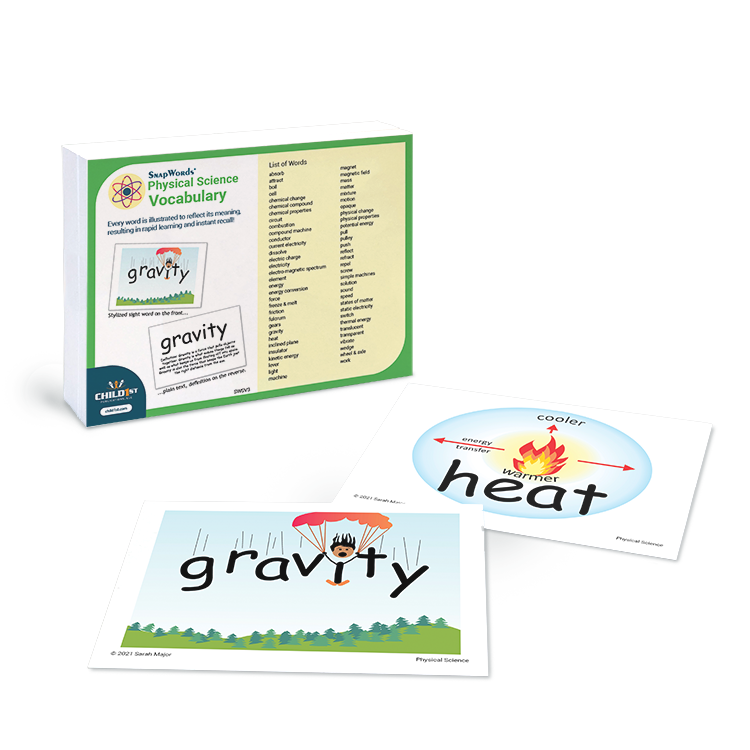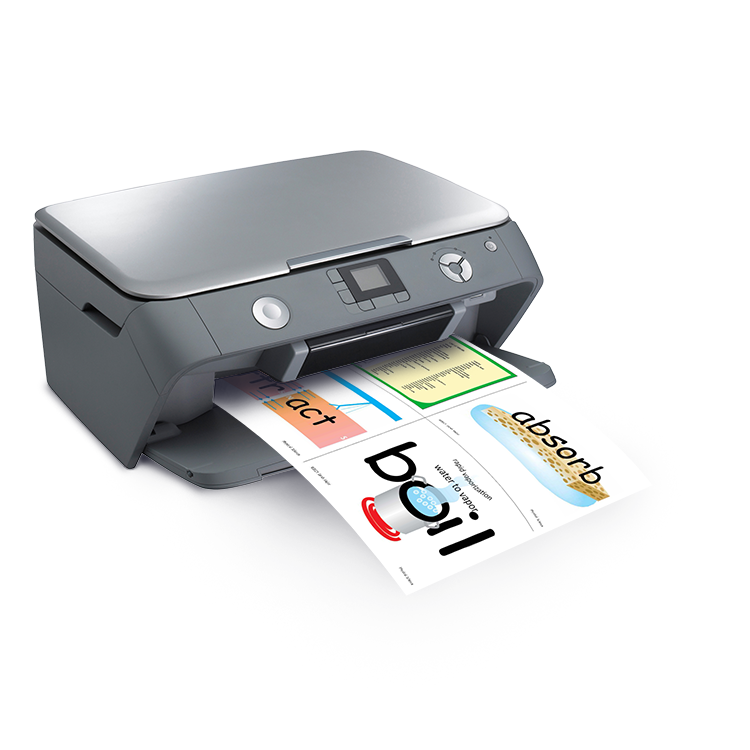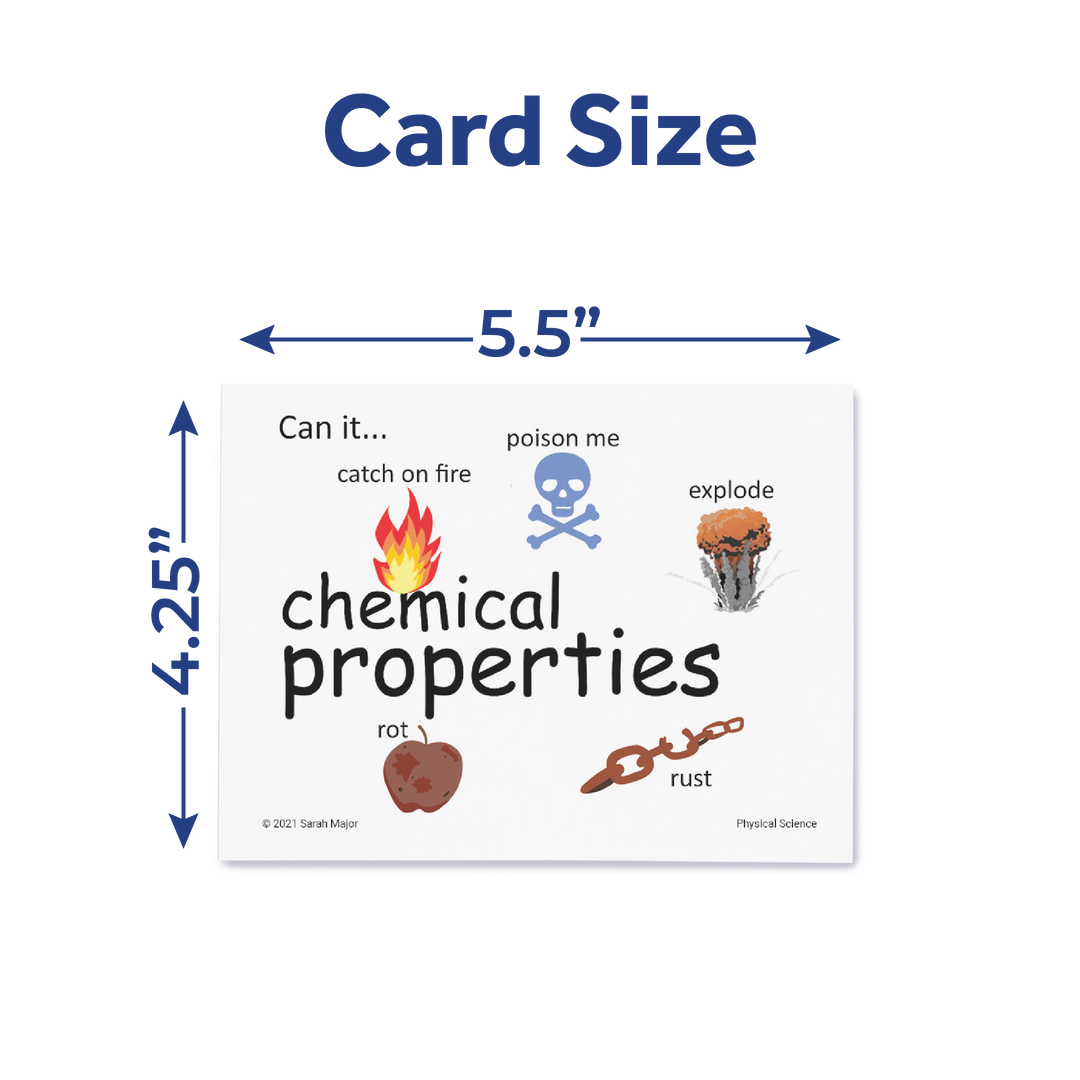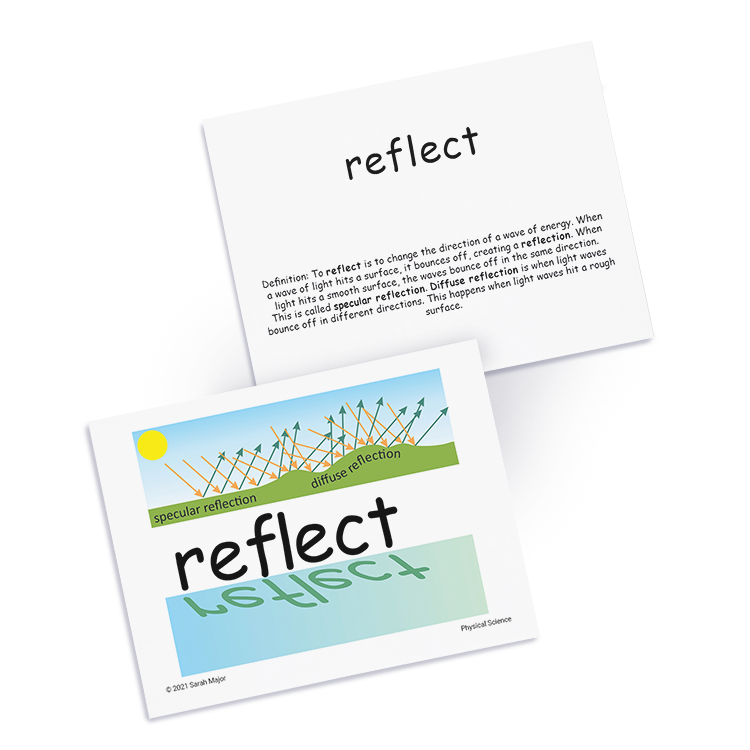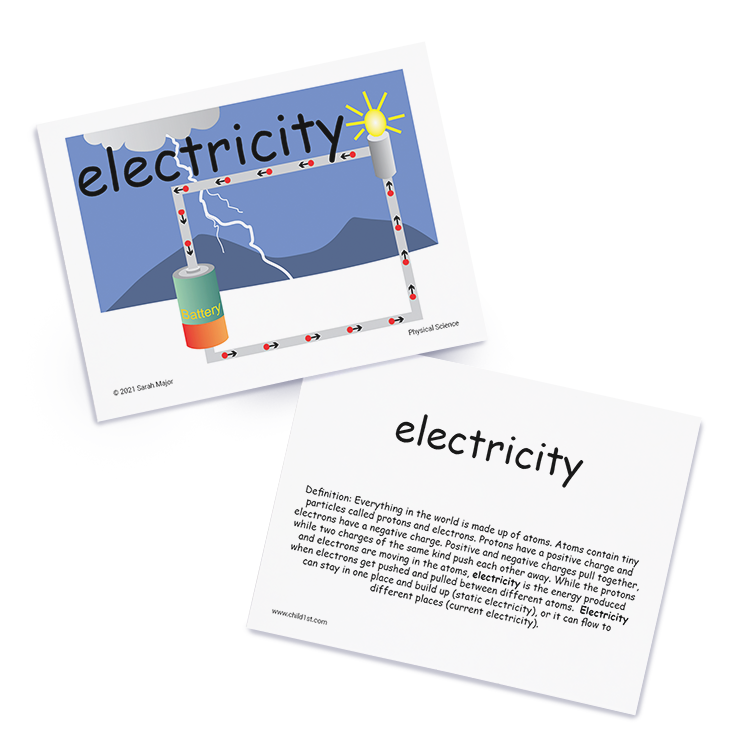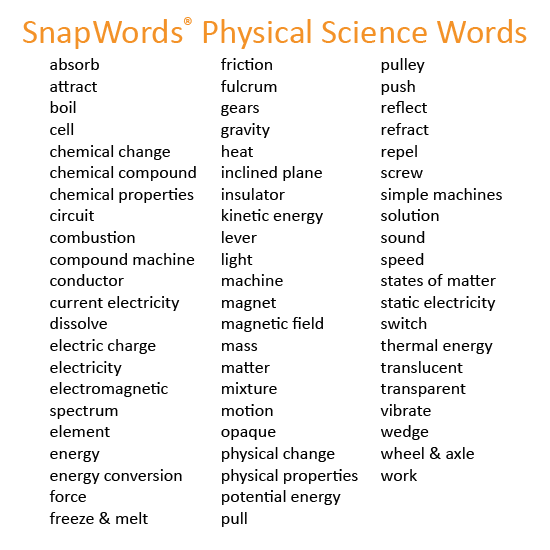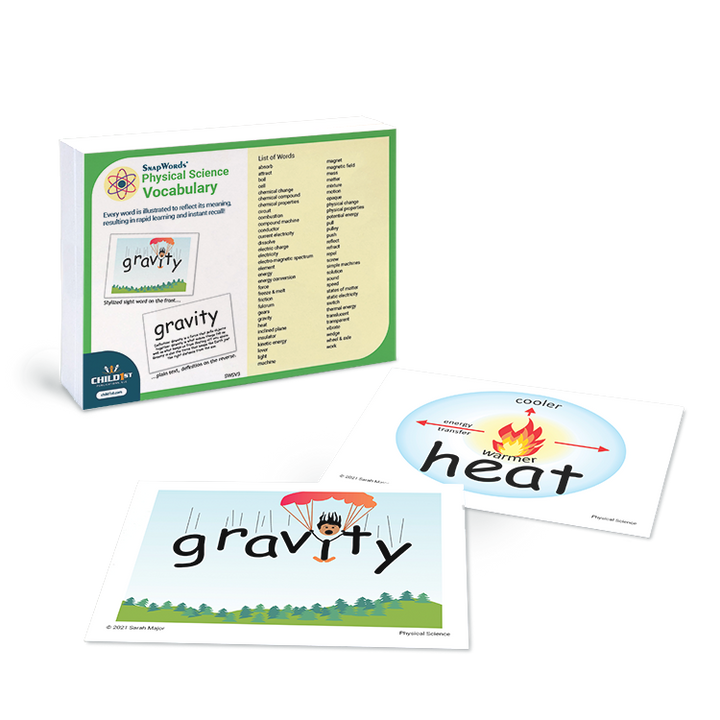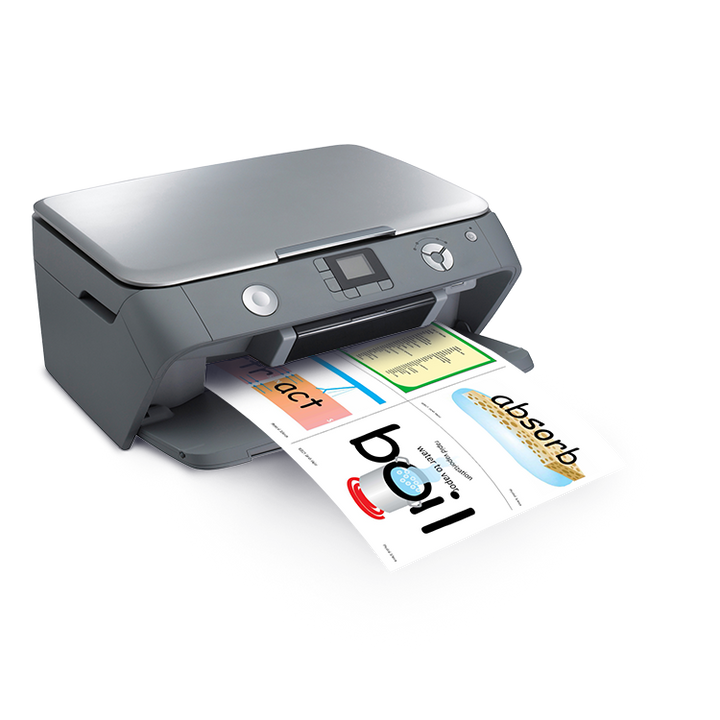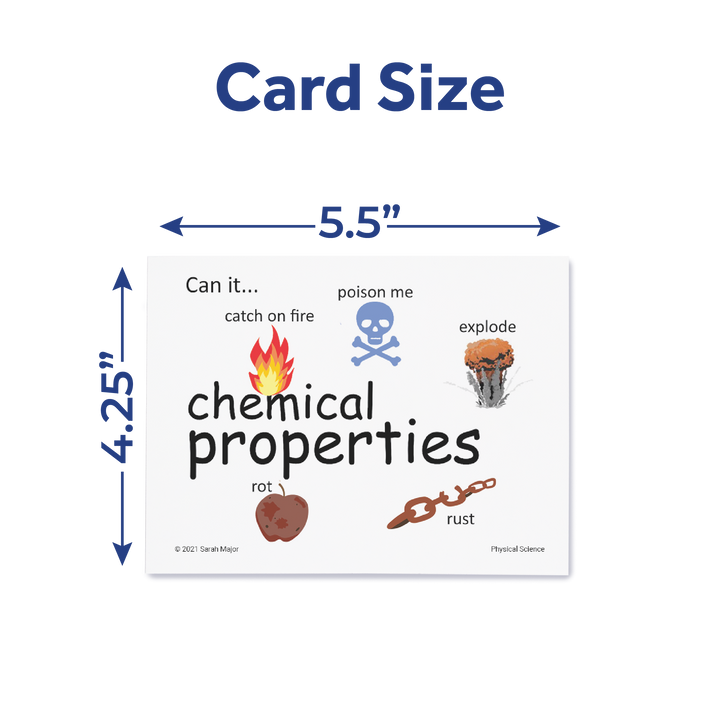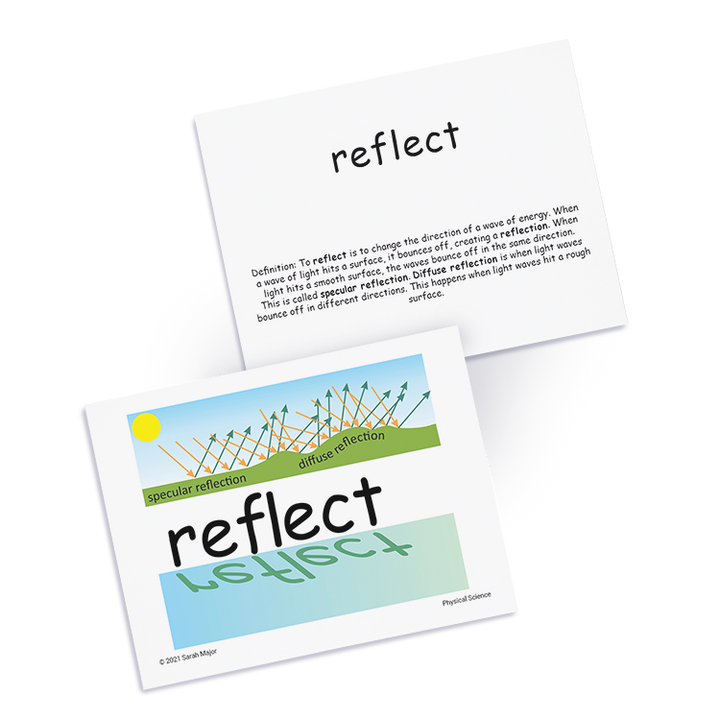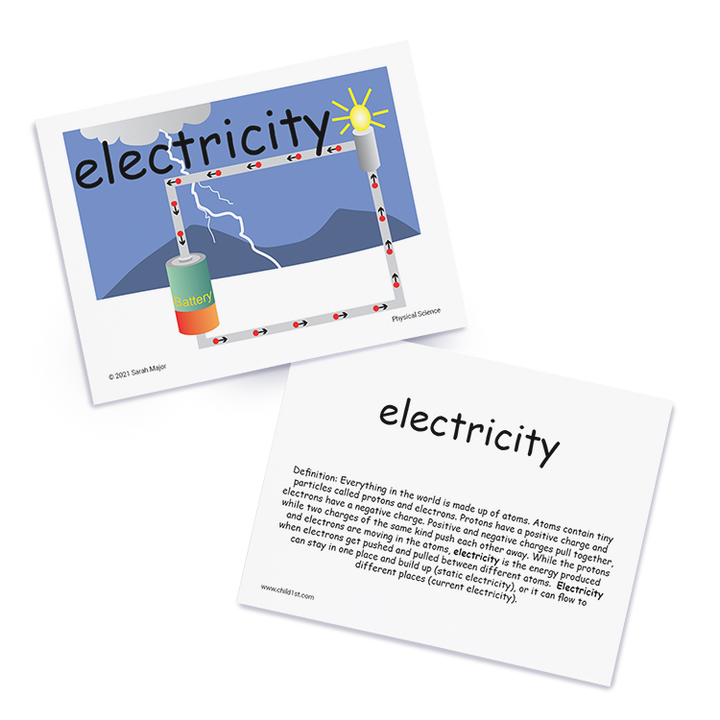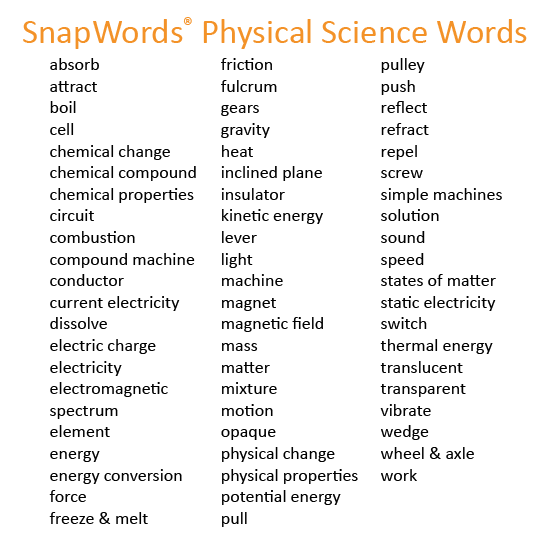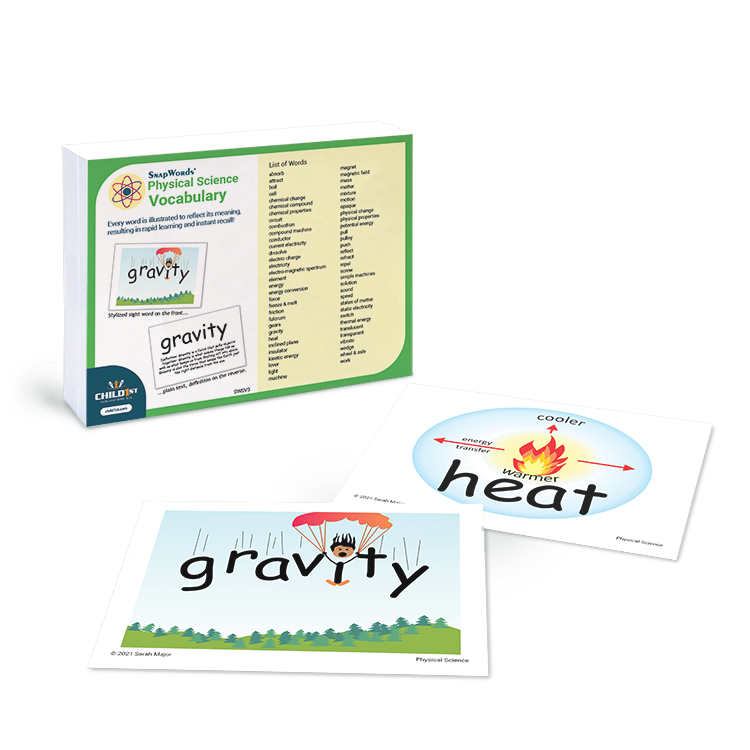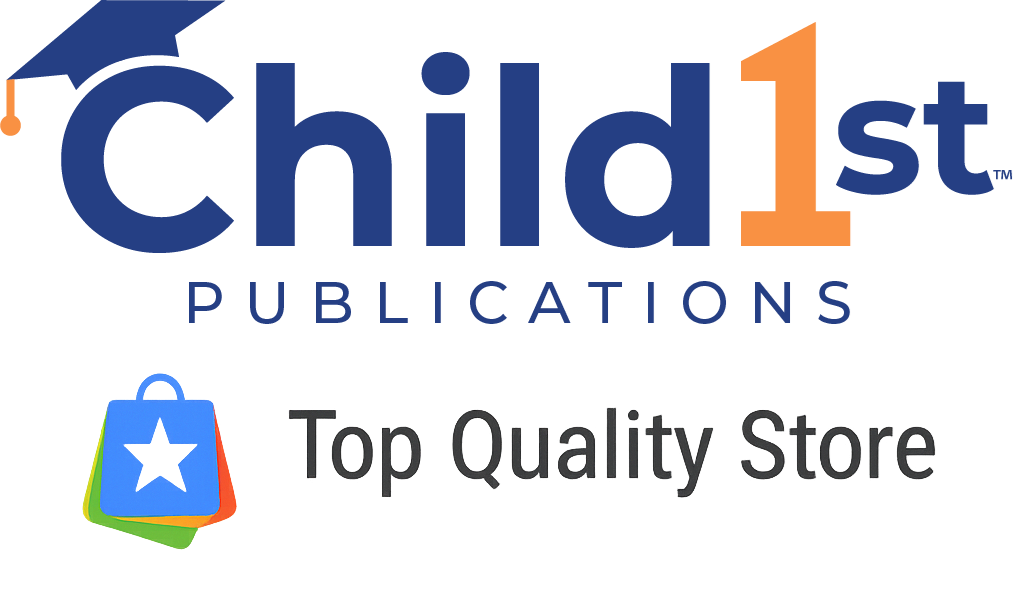Ignite the spark of curiosity with SnapWords® Physical Science Cards! This dynamic set of essential words takes young learners on an exciting exploration of the fundamental concepts in physical science. From matter and energy to forces and motion, each word serves as a building block for understanding the principles that govern our physical world. Dive into the captivating world of Physical Science and watch as your child discovers the language of atoms, molecules, and the forces that shape our universe. Make science come alive with SnapWords®!
What’s Included
Physical Science Vocabulary includes 63 words covering concepts such as:
Forces, Motion, Energy, Matter, Properties, Electricity, Magnetism, Machines, Tools, Optical Phenomena, States of Matter, & Chemical Reactions



